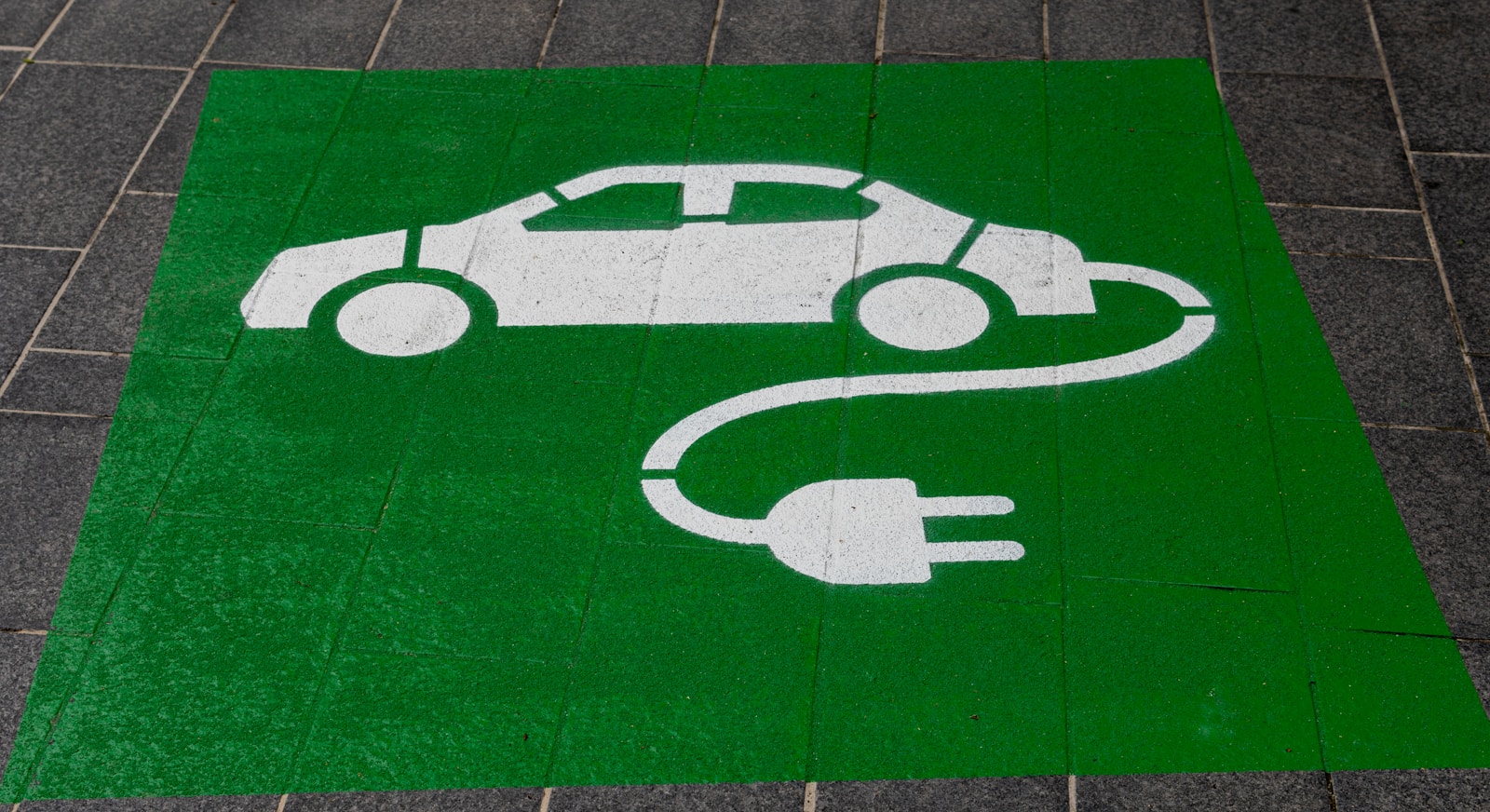Driving E-Mobility Forward: India’s Big Move to Localize EV Component Manufacturing

Introduction
The Ministry of Heavy Industries, Government of India, has introduced significant amendments to the Phased Manufacturing Programme (PMP) for electric vehicles, specifically e-buses and N2 category e-trucks, under the PM Electric Drive Revolution in Innovative Vehicle Enhancement (PM E-DRIVE) Scheme. These modifications, published in The Gazette of India on September 30th, 2025, aim to strengthen domestic manufacturing of key electric vehicle components, these modifications are a clear signal that the government is serious about rooting the manufacturing of key EV components specifically the Traction Motor domestically. The new mandates introduce aggressive timelines, starting as early as September 1, 2025, and extending into 2026, to ensure that the vital heart of an EV is ‘Made in India’.
Table of Contents
What Changes for E-Buses?
For e-buses, the focus is squarely on the Traction Motor. The amendment modifies the existing PMP for e-buses.
The requirement for the Traction Motor (Sr. No. 8) has been significantly upgraded:
- Effective Date: This mandate kicks in on March 3, 2026.
- The Mandate: Manufacturing of the traction motor must be domestically performed. This isn’t just assembly; it specifies key, intricate manufacturing processes that must be done in India, including:
- Magnet fitment.
- Rotor assembly fitment into the motor.
- Stator assembly fitment into the motor.
- Shaft, bearing, and enclosure fitment.
- Connectors and cables fitment.
New Mandates for N2 Category E-Trucks
The new rules are more detailed for N2 category e-trucks, covering both the stand-alone Traction Motor and integrated systems.
- Traction Motor (S.No. 8)
Similar to e-buses, the standalone Traction Motor must meet strict domestic manufacturing criteria:- Effective Date: March 1, 2026.
- Requirement: Manufacturing must be domestically performed, including the fitment of magnets, rotor assembly, stator assembly, shaft, bearings, enclosure, connectors, and cables.
- Integrated Traction Motor & Transmission (S.No. 9)
For systems where the traction motor and transmission are integrated, the mandate is implemented in two clear phases:
Phase 1: Immediate Assembly (Effective September 1, 2025)
The assembly of the integrated Traction Motor & transmission, Traction Motor controller, Transmission controller, and Software flashing must be domestically performed. This phase is already in effect.
Phase 2: Full Manufacturing (Effective March 1, 2026)
Motor & Transmission Manufacturing: The full manufacturing of the integrated Traction Motor and transmission must be done domestically, including complex steps like the fitment of rotor and stator assemblies, shaft, bearings, and the transmission/transmission controller fitment.
Controller Manufacturing: The manufacturing of the Traction Motor controller (including the inverter) must also be localized. This requires domestic assembly of electronic components/semiconductors/connectors on the PCB, along with fitment of high-voltage connectors, cables, heat-sinks, and enclosure fitment, plus software/firmware flashing.These strategic amendments mark a definitive push towards deep localization, demanding that manufacturers establish robust domestic supply chains for the most advanced components of electric heavy vehicles.
Conclusion: Accelerating India’s EV Ecosystem
These strategic amendments to the Phased Manufacturing Programme (PMP) solidify the government’s unwavering commitment to the ‘Make in India’ initiative within the electric mobility sector. By setting precise, mandatory deadlines for the domestic manufacturing of the Traction Motor and its integrated systems, the Ministry of Heavy Industries is not just encouraging, but effectively mandating deep localization.
The dual focus on e-buses and the N2 category of e-trucks signals a national priority on electrifying public and commercial transport sectors critical for reducing carbon emissions and improving urban air quality. This legislative step ensures that as the demand for electric heavy vehicles surges, the core of their technology, including complex components like controller PCBs, magnet fitment, and software flashing, is developed and produced locally. Ultimately, the PM E-DRIVE Scheme, through these amendments, is poised to create a robust, resilient, and self-reliant EV supply chain in India, driving both economic growth and sustainable transportation for the future.
For more details, write to us at: contact@indialaw.in
By entering the email address you agree to our Privacy Policy.



